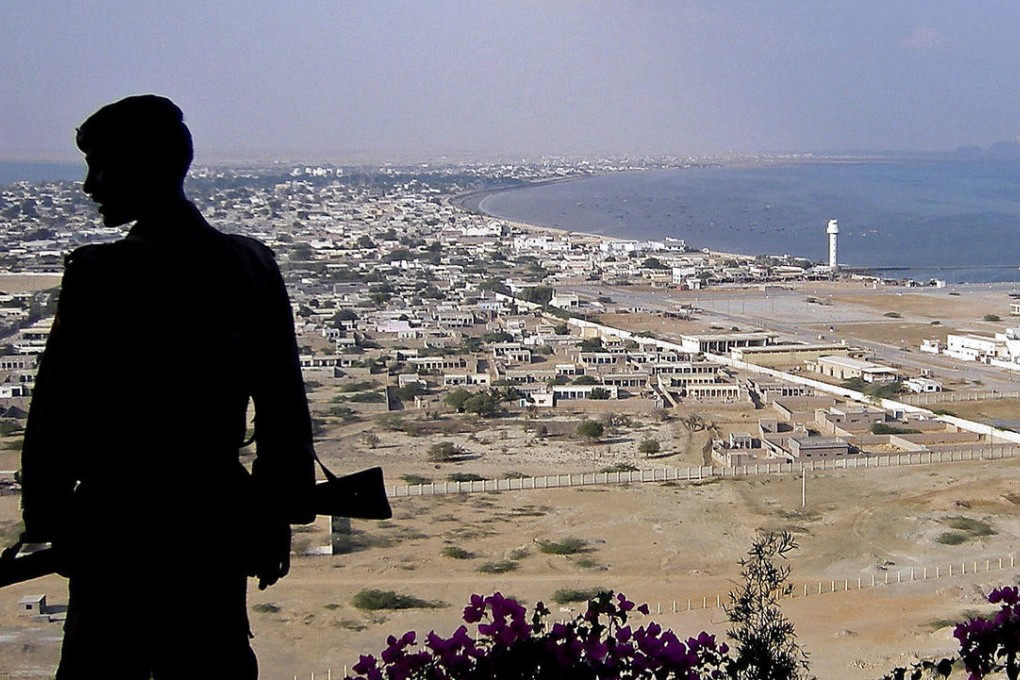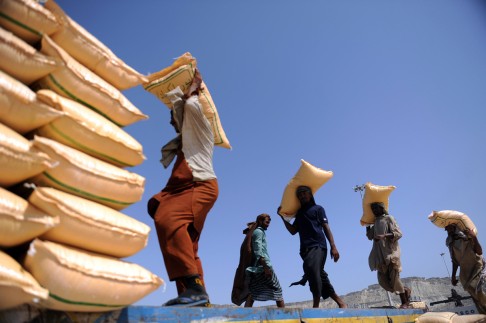A second Shenzhen? Pakistani fishermen fear China investment plans
A move to turn the impoverished Indian Ocean port of Gwadar into a major node of world commerce threatens a population already struggling with a violent insurgency and lack of water, write Jon Boone and Kiyya Baloch

Gwadar is poor. When a house was recently burgled in the fishing settlement on Pakistan's desert coast, the only items stolen were cans of fresh water - a staple that has soared in value since local reservoirs dried up. Gwadar lies in Balochistan, a province in the grip of a long-running separatist insurgency and Pakistan's most neglected.
Yet local officials dream of a future where Gwadar becomes a second Shenzhen. Visitors are told that with Chinese investment, the small settlement will become a major node of world commerce boasting car factories, Pakistan's biggest airport and a string of five-star resort hotels along the sparkling seafront.

But residents are aghast, and not just because the fishing community, long settled on the neck of the peninsula, will be moved to new harbours up to 40km away.
"This is all being done for China, not the people," says Elahi Bakhsh, a fisherman bewildered by the plans to turn Gwadar into Beijing's deepwater access point to the Arabian Sea.
READ MORE: Chinese firm takes control of Gwadar Port free-trade zone in Pakistan
Like others he complains of chronic underdevelopment in a district judged food insecure by the United Nations in 2009 and a town with only rudimentary health and education services. Bakhsh has not had enough water to wash his clothes in weeks. He and five of his colleagues turn down an offer of tea - the mandatory accompaniment to any meeting in Pakistan - in favour of bottles of mineral water.